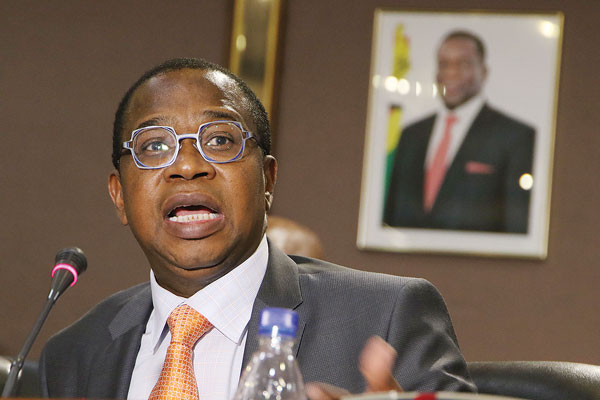
It is highly unusual for a prospective Finance minister to telegraph his thoughts on an economy he is about to superintend over, letting all and sundry know what to expect from him.
Editorial
But this is what Mthuli Ncube did, publishing a series of editorials about Zimbabwe’s challenges and the choices the country faces. And what he proposes to do to resolve some of the challenges based on global practices or personal experiences from a lifetime of working among the global elite.
This includes capping excessive government expenditure and scrapping the much-hated bond note currency because it had become a Zimbabwe dollar by another name, but “without the macro-economic credibility to support it.”
So on Monday, central bank governor John Mangudya finally announced what we have known all along — that those flourishing accounts, powered by electronic transfers, were not at par with the United States dollar. Ditto for the much-despised bond note currency.
Of course, the government has known this all along, but its insatiable appetite for cash has led to its abuse of the Real Time Gross Settlement system (RTGS) and pile pressure on Treasury Bills to settle ballooning debts while creating a fiscal hole new Finance minister Ncube is trying to dig them out of.
In fact, analysts say Zimbabwe has been printing its own money since 2012 when it started using Treasury Bills to help fund its budget.
“In our opinion, there have been two myths in the Zimbabwean economy post dollarisation. The first is that there is no local currency and (the) second is that the government of Zimbabwe cannot print money,” investment firm, Exotix Partners said in a 2016 research note on Zimbabwe.
- Chamisa under fire over US$120K donation
- Mavhunga puts DeMbare into Chibuku quarterfinals
- Pension funds bet on Cabora Bassa oilfields
- Councils defy govt fire tender directive
Keep Reading
And so it proved. According to central bank data, electronic bank balances stood at $9,53 billion, against hard currency reserves of US$200 million as at June this year.
The measure to reintroduce foreign currency accounts “is essential in order to preserve value for money for the banking public and investors during the transition to a more market-based foreign currency allocation system that shall be implemented once the economic fundamentals are appropriate to do so. Thats according to Mangudya, because of the “dilution effect of RTGS balances on nostro foreign currency accounts.”
But true to form, even such a straight forward declaration had to be muddled by a claim that the two separate currencies would still trade at par.
Of course, the government knows that this is also hogwash, but all those holding millions in RTGS balances need to be made to feel good, however confusing.
These cat and mouse games always slow progress.











